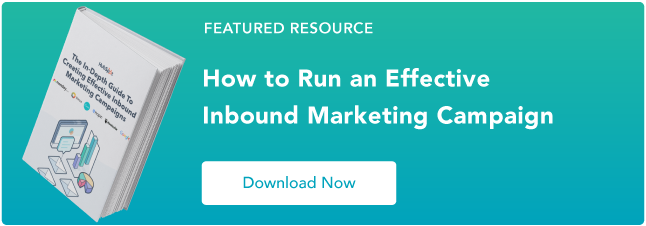 A former boss of mine had a great turn of phrase for the almost fatal independence he thought some internal project teams were given - he called it the "
bat and bow syndrome
." It referred to how management, either sensing an opportunity or panicking, would give an in-house innovation team the assignment of coming up with the company's next big idea. This team would accept its mission, and head off to brainstorm. They would take the best idea they came up with, put a big "bow" on it, and present it back to management. But because management knew nothing of the process, the research conducted or the insights used to come up with the idea, they would react like people sometimes do to new ideas - deem them unfeasible and risky, and bash them into smithereens with a "bat." Hence the Bat and Bow.
A former boss of mine had a great turn of phrase for the almost fatal independence he thought some internal project teams were given - he called it the "
bat and bow syndrome
." It referred to how management, either sensing an opportunity or panicking, would give an in-house innovation team the assignment of coming up with the company's next big idea. This team would accept its mission, and head off to brainstorm. They would take the best idea they came up with, put a big "bow" on it, and present it back to management. But because management knew nothing of the process, the research conducted or the insights used to come up with the idea, they would react like people sometimes do to new ideas - deem them unfeasible and risky, and bash them into smithereens with a "bat." Hence the Bat and Bow.
Online marketing companies pitching and selling inbound strategies need to be wary of the bat and bow themselves. They're being brought on board to implement new tactics, likely aimed at transformational goals and measured by unfamiliar metrics. The smartest thing these companies can do is collaborate with their clients from day one. Inbound marketing is an organic process, and leaving your client on the sidelines for the ramp-up stage makes little sense for either side.
1. Collaboration Helps You Achieve Results Faster
Many agencies find themselves backed into a "non-compete" corner without ever signing anything. They'll achieve some awesome results for Client A, get a retainer deal, and then not work with another player in that industry to protect their relationship with Client A. This means, in many cases, acquiring a new client means the needing to learn a new industry. It will take you time to navigate the ins and outs of your new client's world well enough to create expert content about it. You won't know the thought leaders in their space, or the sites to target in link building campaigns, without considerable research. You will be hamstrung.
Clearly convey to your client that certain things need to happen immediately - like blogging and crafting offers for lead generation. Have them designate some folks on their end to collaborate with you for these mission critical items - because each day these do not get done is a day without the potential for progress. You will drive results sooner, and in turn, prove your value faster. All despite a learning curve.
2. Collaboration Gets You Buy-In
The same former boss that taught me that people will help implement what they help create. By involving members of the client team in the development and execution of inbound strategies, you get them vested in the process and results. The more people that know the method to your madness the better. Collaborate to make sure they not only understand your methodology, but play a role in the execution. Have the CEO write a blog. Teach the sales team how to effectively use social media. Let them all see a campaign or two run start-to-finish from the trenches. They'll understand the value you provide at a deeper level, and quickly go from onlooker to advocate.
3. Always Be Testing
Testing is a crucial piece of the inbound marketing puzzle. If you're starting at square one with your new client, you'll likely have a lot of work to do on their site. Educate their team on the "why" enough for them to help with the "how." Asking for additional cash to run some PPC campaigns might not make sense at the get go, especially if it's soon after they hired you to increase organic traffic.
But if you help them grasp the concepts, they'll take your counsel on why spending dollars immediately to test search terms through PPC will pay off in the long run. They might even come to the conclusion themselves! Collaboration leads to communication, and communication leads to a better expectation-setting around resources.
How have you involved your clients in projects? Has it helped?




![How to Delete Your Instagram [Easy Guide]](https://blog.hubspot.com/hubfs/delete-instagram.png)
![Millennials vs. Gen Z: Why Marketers Need to Know the Difference [New Data]](https://blog.hubspot.com/hubfs/millenials%20vs%20gen%20z%20what%20marketers%20need%20to%20know%20when%20trying%20to%20reach%20each%20generation.jpg)

![How to Edit a PDF [Easy Guide]](https://blog.hubspot.com/hubfs/280_How-to-Edit-PDF.png)

![Marketing Without a Budget? Use These 10 Tactics [Expert Tips]](https://blog.hubspot.com/hubfs/marketing%20without%20budget.jpg)
